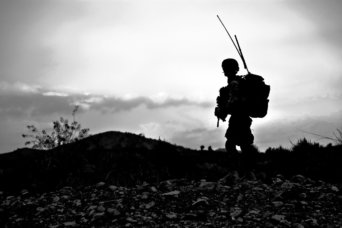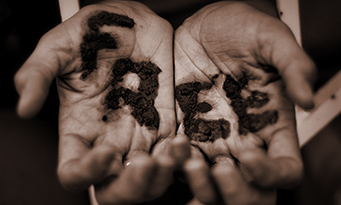- About
- Topics
- Story
- In-Depth
- Picks
- Opinion
- News
- Donate
- Signup for our newsletterOur Editors' Best Picks.Send
Read, Debate: Engage.
| topic: | Human Rights |
|---|---|
| located: | Afghanistan, Pakistan |
| editor: | Shadi Khan Saif |
Violating the critical lockdown measures aimed at stopping the spread of coronavirus is one thing while abusing state powers to humiliate and even torture individuals on the pretext of its implementation is simply another extreme to avoid.
Viral videos on various social media platforms showed policemen in Afghanistan and Pakistan thrashing citizens found violating the lockdown measures.
A particularly disturbing one was about a young policeman thrashing a young girl on a street in the Afghan capital Kabul during daylight. It reminded residents of the war-ravaged country of the brutal Taliban regime when women and girls were not allowed to move out of home without a male supervisor.
The hopelessness and vulnerability of the girl on the street in the face of a uniformed armed police officer was heart breaking to say the least.
On the bright side, the Afghan interior ministry was quick to respond to public criticism, and assert its position about zero tolerance towards such behaviour by taking the accused policeman in custody for legal actions.
In Pakistan, a police team led by a female officer in the country’s biggest city Karachi grappled with a group of male worshipers outside a mosque on a Friday. This rather bitter exchange could have been easily avoided with some basic communication and understanding for the greater welfare of the society.
These are extraordinary times that require extraordinary measures, which does not mean violating basic human rights and values. As humans across the world go through testing times amid crippling lockdown imposed due to the coronavirus, some segments of the society are finding themselves more vulnerable and exposed than others, creating even further social divisions.
While security forces and health workers remain on the frontlines during the pandemic, the vulnerable and marginalised continue to face the difficult challenge of choosing between hunger or exposure to the virus. Keeping wellbeing of each other in mind, different segments of the society need to work in perfect harmony instead of moving ahead on a dreadful collision path.
With all due respect to the intentions behind the lockdowns and social distancing adopted to avoid the spread of the virus, it should not mean imposing a police state system within democratic societies.
It is in such testing times that societies need to learn new lessons for the greater good and emerge on the other side of the pandemic as better human beings than before.
Image by Amber Clay

